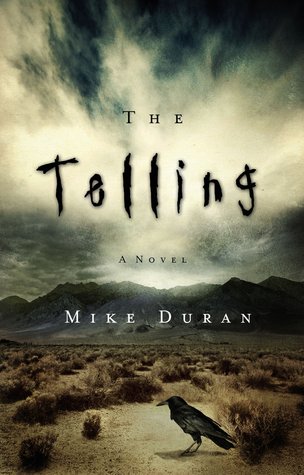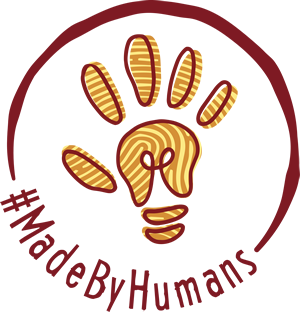
The Telling
A prophet never loses his calling, only his way.
Disfigured with a hideous scar from his stepmother, Zeph Walker lives his life in seclusion, cloistering himself in a ramshackle bookstore on the outskirts of town. But Zeph is also blessed with a gift—an uncanny ability to foresee the future,to know peoples’ deepest sins and secrets. He calls it the Telling, but he has abandoned this gift to a life of solitude, unbelief, and despair—until two detectives escort him to the county morgue where he finds his own body lying on the gurney.
On the northern fringes of Death Valley, the city of Endurance is home to llama ranches, abandoned mines, roadside attractions … and the mythical ninth gate of hell. Now, forced to investigate his own murder, Zeph discovers something even more insidious behind the urban legends and small-town eccentricities. Early miners unearthed a megalith—a sacred site where spiritual and physical forces converge and where an ancient subterranean presence broods. And only Zeph can stop it.
But the scar on Zeph’s face is nothing compared to the wound on his soul. For not only has he abandoned his gift and renounced heaven, but it was his own silence that spawned the evil. Can he overcome his own despair in time to seal the ninth gate of hell?
His words unlocked something deadly,
And now the silence is killing them.





























Small quiet town. Dark secrets. Mysterious, strange people. Terrifying legends. Unspeakable experiments in shadowed places. Hideous beings. Evil ready to take over. Sounds like an H.P. Lovecraft story? (If you said Stephen King, well, he was inspired by Lovecraft, too.) No, this is Mike Duran’s book The Telling.
Definitely in the vein of Lovecraft, but set in the Southwest rather than New England. A story of how evil manifests in the least likely of places because that is the last place people would expect it to. The novel explores the idea that some are called to stand against the worst of evil. And some of those who would make the strongest stand are the most attacked and suppressed.
I like how Duran gives just enough detail to let your imagination take off. Some authors overwhelm us with every little minutia. Their books become tedious to read because our minds are given nowhere to go. Others lecture us and try to impress us with all their years of great research. Depending on your interests, some readers of The Telling may wish the author elaborated more on the government conspiracy or the science of dimensional portals (yep, there’s a little of everything in there). But that’s what sequels are for. And this story would be a prime candidate.
I would label this a horror novel, but the Christian publisher labeled it suspense. I suspect that this is due to the modern perception of horror being gory and graphic (thanks to movies). Fans of Lovecraft, Poe or Hitchcock know this not to be what all horror is about. Others may label this book the sub-genre of supernatural fiction. Though when does horror (or fantasy) become supernatural? Or vice versa?
Of course, you might be wondering why there is a special Christian fiction section in bookstores. That’s another discussion, but this book breaks down any stereotypes. It’s not about sermons or Bible verses. Most all writers bring their religion, or worldview, into their works one way or another. Duran’s book is like most of those, allowing his beliefs to inform and inspire his writing. There are those who want nothing contrary to their beliefs in a book. Others want explicit confirmation. Nothing wrong with these, everyone has a preference. I find Duran’s approach more realistic.
So if you are looking for a creepy diversion, or just something new, then take a look at The Telling. It cuts a path between the norm in secular and religious fiction of this genre. Part of a new trend? Time will tell.